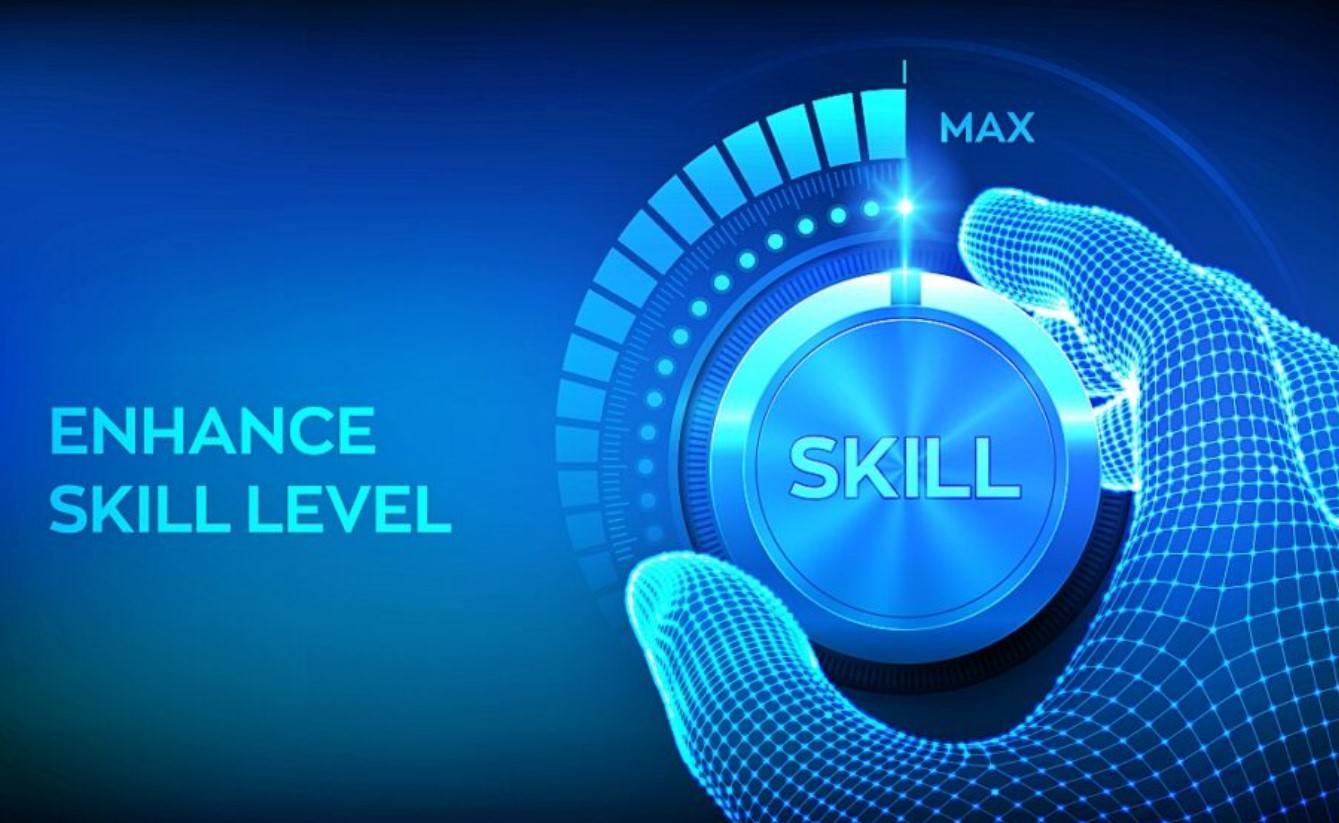India’s tech industry is staring at a major skills reset. Nasscom has sounded a warning over looming layoffs and job realignments as automation and AI reshape how companies operate and what kind of talent they need.
The caution comes just days after Tata Consultancy Services (TCS) laid off 12,000 employees, sending ripples across the $245 billion IT sector. Nasscom’s message? Adapt or get left behind.
Automation and AI Are Now the Default
The tech industry isn’t easing into AI—it’s diving headfirst. Nasscom says companies are aggressively embedding artificial intelligence and automation into the core of their business delivery models. That shift means a lot of old roles are becoming obsolete, fast.
“Product-aligned delivery” is the new buzzword. It’s about companies shifting away from traditional service contracts toward faster, more modular, AI-driven solutions. It’s no longer just about coding and support—it’s about agility, speed, and innovation baked into every layer of service.
This change is already reshaping how teams are built and what kind of people get hired—or laid off.

TCS Layoffs Trigger Industrywide Alarm
TCS’s decision to part ways with 12,000 employees has jolted the sector. While not unprecedented, the scale and timing of the layoffs reflect deeper undercurrents in how Indian IT majors are repositioning themselves.
Nasscom didn’t single out TCS but acknowledged the broader industry is heading into a rough patch. Some transitions will be painful.
Yet, even as companies cut jobs, they’re ramping up hiring in very specific areas. People with deep expertise in AI, machine learning, cloud-native architectures, and embedded intelligence are now the most sought-after talent.
It’s not about fewer jobs overall. It’s about different jobs.
1.5 Million Trained, But Is That Enough?
Nasscom insists it’s not all bad news. The industry is putting real effort into reskilling.
As of the fourth quarter of FY25, over 1.5 million professionals across India have received training in AI and generative AI. Among these, more than 95,000 employees at top-listed firms have taken advanced certifications in fields like:
AI-native cloud systems
Embedded intelligence
Applied AI frameworks
Still, the big question remains: Is it fast enough?
The answer varies. Many smaller firms are struggling to keep up with the training pace. Even some mid-sized IT service companies are grappling with how to fund and scale upskilling programs at the speed disruption demands.
And let’s face it, not every employee can pivot to AI overnight.
Hiring’s Getting More Selective—and Specialized
Expect hiring to look very different over the next 12 to 18 months. Gone are the days of mass campus hiring sprees for entry-level coders.
What’s coming instead? A more selective, skill-heavy model. Companies are looking for fewer people, but with deeper expertise.
Some firms are even setting up internal AI bootcamps, training people on real client projects before formally onboarding them into roles. Others are focusing on lateral hires who already come equipped with AI credentials.
And there’s another twist—Nasscom notes there’s no standard playbook. Different companies are charting their own paths depending on their tech stack, client expectations, and business models.
Academia and Government Now Have Skin in the Game
Nasscom’s final point wasn’t directed at companies—it was aimed at policymakers and educators.
The body urged stronger partnerships between industry, academia, and government to build a more resilient workforce. This isn’t just about coding bootcamps or online certifications. Nasscom is calling for long-term systemic change.
The idea is to embed skilling into the foundation of India’s growth narrative, making it a core part of both education policy and industrial strategy.
That’s a big ask. But in an AI-first economy, it might not be optional anymore.


















